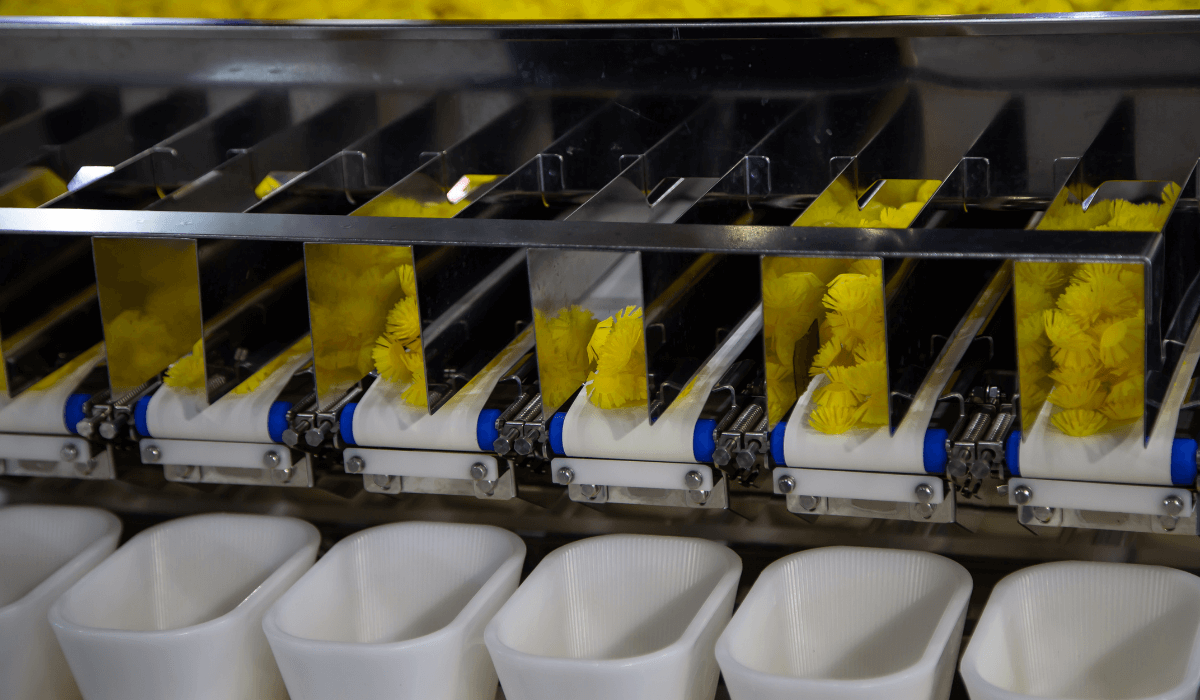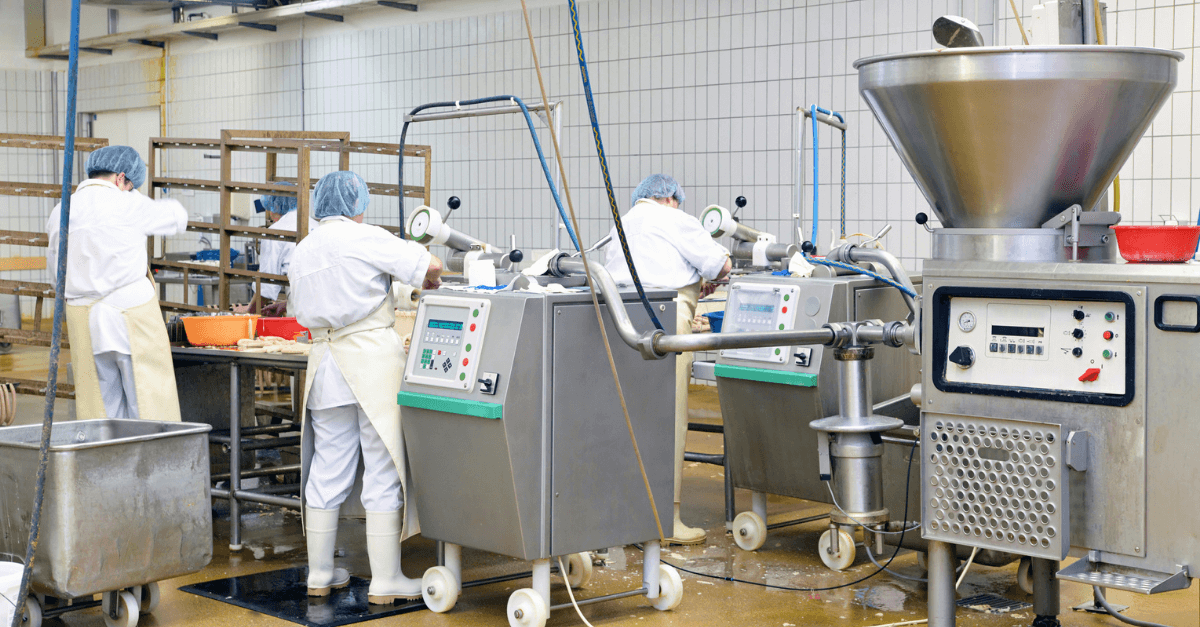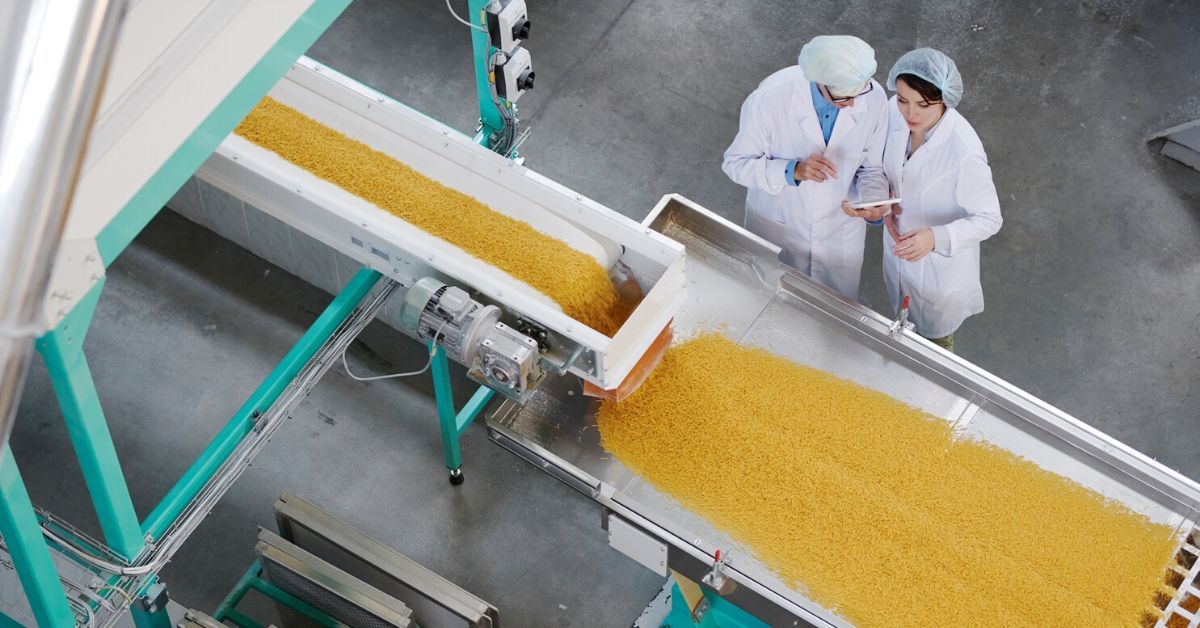Manufacturing has gone through multiple transformations and times of dramatic innovations that have improved its capability to produce ever higher quality products at lower and lower costs. Epochs of these transformations are known as ‘industrial revolutions’ and each one of them has added great value to the way we manufacture and sell products through the implementation of new technologies and systems.
The first industrial revolution was in the late 18th century, and it consisted of the emergence of the assembly line and the mechanization of some manufacturing processes. Through the implementation of steam or water powered machines, slow, hand production of products began to be replaced. Operations Management as a field of study or a defined role with a title such as Operations Manager did not exist yet. The first industrial revolution was largely driven by owner entrepreneurs such as Henry Ford and Andrew Carnegie who in the early days had very hands-on operational roles.
The second industrial revolution took place at the end of the 19th century with the emergence of new sources of energy such as electricity, gas and oil. Large factories started appearing with immense scale of production such as huge steel plants. The scale of production outstripped the ability of owner-operators to manage their operations effectively. As they sought a means to continue the growth of their businesses, the concept of professional business management was born. Those responsible for managing operations reached to various sources of knowledge for inspiration on how to manage large scale production. In response, Frederick Winslow Taylor invented Scientific Management and the early Operations Managers used the application of scientific testing of discrete manufacturing steps with the goal of tightly controlling every manufacturing step and optimizing the overall manufacturing process. Using stopwatches, early 'Operations Managers' would test various ways of performing specific manufacturing steps and select which ones worked best to minimize labor costs. Workers were then trained to use exactly those series of steps. While lowering product costs, this approach had many flaws, including producing repetitive task injuries and demotivating workers, who had no say in how to improve things, and subsequently sometimes reduced end product quality.
The third industrial revolution took place in the second half of the 20th century. The proliferation of low cost semiconductors and the rise of personal computers changed analog management systems to begin to morph into digital decision-making capabilities that reshaped how the world did business. During the third industrial revolution, significant changes occurred in manufacturing and the role of Operations Manager continued to evolve. Placing computing power at the edge of the enterprise and creating simple but powerful applications such as spreadsheets began to decentralize decision-making. As organizations became flatter, Operations Management moved from being a command and control hierarchy to more of a facilitator role in process improvement. With new manufacturing process improvement methods such as the Toyota Production System taking hold, the value of empowering line workers became apparent.
The present day is not an exception in the onward march of manufacturing innovation. The manufacturing industry is currently going through a transformation as well, which has been coined the ‘Fourth Industrial Revolution’ or ‘Industry 4.0’. This present revolution takes advantage of recent advances in internet connectivity and the proliferation of new devices such as mobile smartphones and virtual reality goggles. Industry 4.0 incorporates Smart Factory practices that provide workers, managers and executives with greater visibility and more flexibility and control over their manufacturing processes.
With the ability to deliver real-time data collection, cloud-based analytical capabilities and the implementation of the Industrial Internet of Things (IIoT), manufacturers are able to extract even more value from well-known manufacturing improvement processes and methods such as Lean Manufacturing. With Industry 4.0, Connected Workers and connected machinery share a cyber-physical space where processes are integrated and decisions are made both in real-time and over time as unprecedented amounts of newly available data are turned into insights.
With Industry 4.0, Operations Managers can continue to implement process improvement methodologies they are familiar with, except that now, they, and their worker teams, can have access to insights that were not available even a few years ago. Industry 4.0 creates a more holistic and better connected ecosystem for companies that focus on manufacturing and supply chain, helping them improve productivity and reduce waste.
Companies revolutionizing Operations Management using Industry 4.0 Include:
- Bosch Automotive is using big data analytics and IIoT to drive its digital transformation at one of its plants in Wuxi, China. The company has embedded sensors into its’ factory’s machines which are used to collect data about their conditions and production cycles. Collected data goes through advanced analytics tools in real time, which provides manufacturers with important information such as when bottlenecks have been identified. This technology also allows Bosch to perform predictive maintenance and keep machinery running for longer. Overall, Bosch has increased its output by 10% since implementing Industry 4.0 into their manufacturing operations.
- General Electric implemented the use of augmented reality glasses at its jet engine manufacturing facility in Cincinnati. These smart wearables have boosted the productivity of workers at the plant by 11%, according to the company. Instead of stopping production and reading over manuals, workers have access to digitised instructions, process metrics and objects information in their field of view as they work.
You can find more Industry 4.0 operations success stories here, including examples of Worximity SaaS solutions significantly reducing downtime, improving productivity and increasing profitability in manufacturing operations.
Industry 4.0, puts the power of greatly improving manufacturing processes into the hands of Operations Managers with a blend of new technologies. The question for Operations Managers then becomes, of all of the newly available manufacturing improvement options, from virtual reality, to drones, to Smart Factory Analytics, where should I start?
You can gain insights into what other company Operations Managers are prioritizing for Industry 4.0 implementations in our article The IIoT and Manufacturing - 2020 Trends.
Operations managers are responsible for keeping production efficiency up while lowering cost and decreasing waste. They must have a big-picture perspective of business and processes and integrate different needs across departments and workers into one common goal. Industry 4.0 brings entirely new capabilities to operations managers, that allows them to respond faster to critical situations and improve on multiple KPIs.
Here are More Resources for the Manufacturing Operations Manager:
Implementing Total Production Maintenance (TPM) with IIoT and Smart Factory Analytics Technologies
Thinking of implementing a SaaS IIoT Solution? What is Your Adoption Strategy?
Critical Success Factors to a Successful Smart Factory Analytics SaaS Implementation
Smart Factory Analytics Dashboard for Food Manufacturing Operators and Operations Managers
6 HR Tips for a Successful Transition to Industry 4.0
Are you an Operations Manager interested in exploring a simple to implement Industry 4.0 Solution with fast ROI? Request a short Demo!







